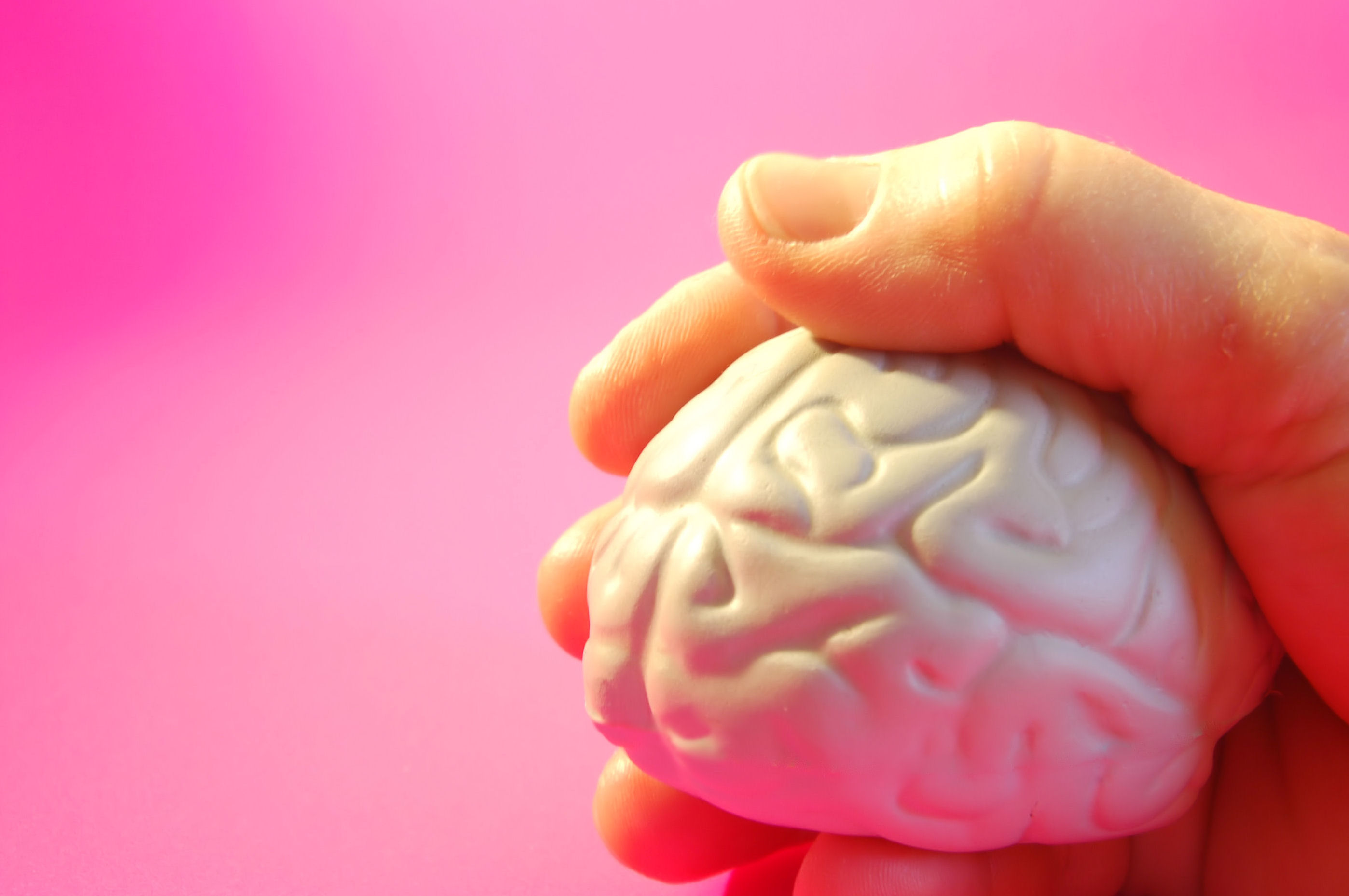
THURSDAY, Aug. 2 (HealthDay News) — It’s been said that music soothes the savage beast, but if you’re the one playing the instrument it might benefit your brain.
A growing body of evidence suggests that learning to play an instrument and continuing to practice and play it may offer mental benefits throughout life. Hearing has also been shown to be positively affected by making music.
The latest study, published in the July issue of Frontiers in Human Neuroscience, shows that musical instrument training may reduce the effects of mental decline associated with aging. The research found that older adults who learned music in childhood and continued to play an instrument for at least 10 years outperformed others in tests of memory and cognitive ability.
It also revealed that sustaining musical activity during advanced age may enhance thinking ability, neutralizing any negative impact of age and even lack of education. It’s unclear, however, whether starting an instrument in adulthood provides any mental advantages.
“Behaviors can change your brain,” said study author Brenda Hanna-Pladdy, an assistant professor of neurology, radiology and imaging sciences at Emory University, in Atlanta.
The study confirms and refines findings from previous research published April 2011 in the journal Neuropsychology.
In childhood, when the brain is still developing, it seems that learning a musical instrument and continuing to play it for at least a decade or more may lay the groundwork for benefits later in life, Hanna-Pladdy said. But it’s also valuable to then pick up the instrument in middle age and start playing again, she noted.
In this study, 70 musicians and non-musicians aged 59 to 80 were evaluated by neuropsychological tests and surveyed about general lifestyle activities. The musicians scored higher on tests of mental acuity, visual-spatial judgment, verbal memory and recall, and motor dexterity.
Hanna-Pladdy, a flutist, became interested in studying the impact of music education on the brain through her study of people with skilled movement disorders, such as those who had suffered a stroke. She realized that music could be a natural way to offer multi-sensory stimulation, an effective way to treat such disorders. She then became interested in learning more about the actual effect of musical training on the brain.
Why study music education as opposed to calculus or history? One reason is that evaluating the impact of music education is relatively easy because most people can specifically quantify the number of years they studied an instrument, Hanna-Pladdy said. It’s also simpler to quantify the time spent playing music than hours devoted to other activities, such as crossword puzzles, reading or playing games. “Musical activity requires years of practice and is a challenging cognitive exercise,” she said.
Cheryl Grady, a senior scientist at the Rotman Research Institute at Baycrest Centre, in Toronto, said the research confirms what has been known for some time: Education can help protect against cognitive decline in older adults.
Grady pointed out that it remains unclear what is actually causing the beneficial effect. “We still don’t know that much about what actually happens in the brain. My hunch is that in terms of these results, it has to do with the practicing, the continued stimulation of the brain,” she said.
She has studied the impact of learning a second language on the brain, which Grady said is related to the need to inhibit one language system when speaking, reading or thinking in the other. The mental process required to play a musical instrument may work in the same way as juggling dual languages to strengthen the connections in your brain over time, she noted.
The bottom line boils down to something simple: “Use it or lose it, or lose it less quickly,” Grady said.
While the study found an association between musical activity and staying mentally sharp, it did not prove a cause-and-effect relationship.
More information
Visit the U.S. National Library of Medicine for more on cognitive impairment.

